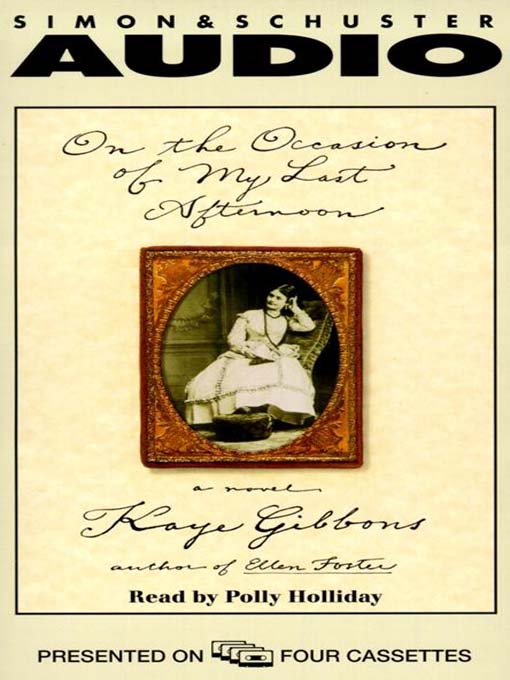- Available now
- New eBook additions
- New kids and teen additions
- Most popular
- Professional Development for Librarians
- See all ebooks collections
- Available now
- New audiobook additions
- New kids and teen additions
- Most popular
- Try something different
- See all audiobooks collections
- Popular Magazines
- Just Added
- Cooking & Food
- Home & Garden
- Fashion
- Health & Fitness
- Celebrity
- News & Politics
- Business & Finance
- Hobbies & Crafts
- Travel & Outdoor
- Popular Magazines
- See all magazines collections


